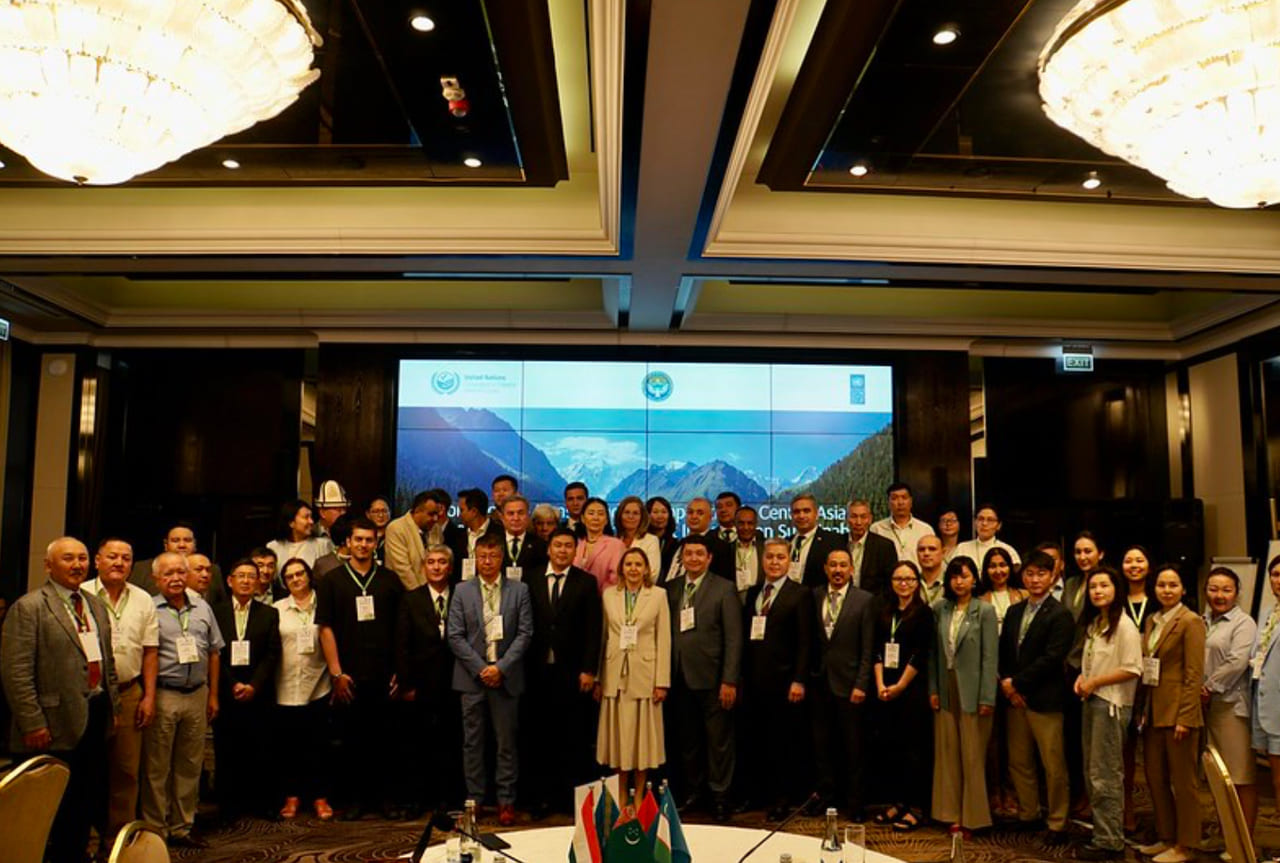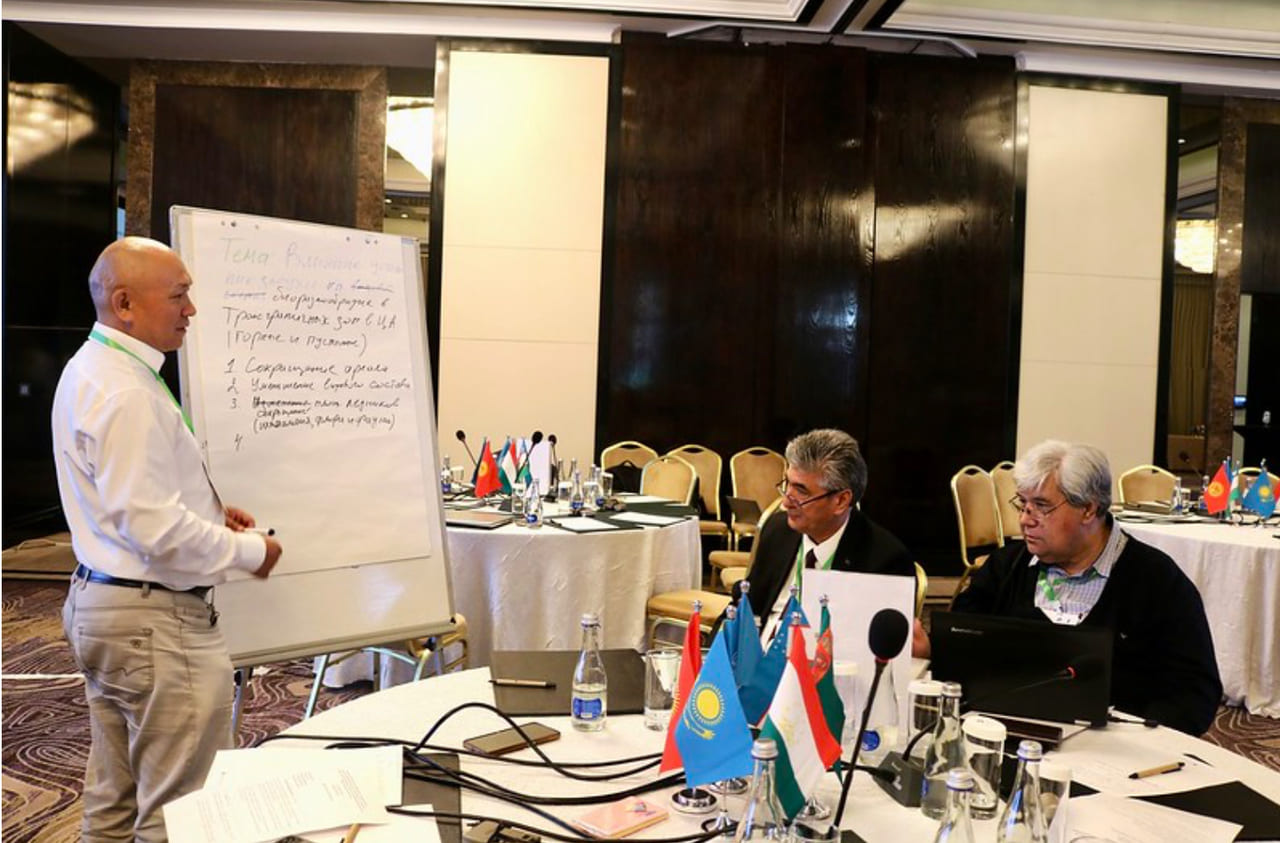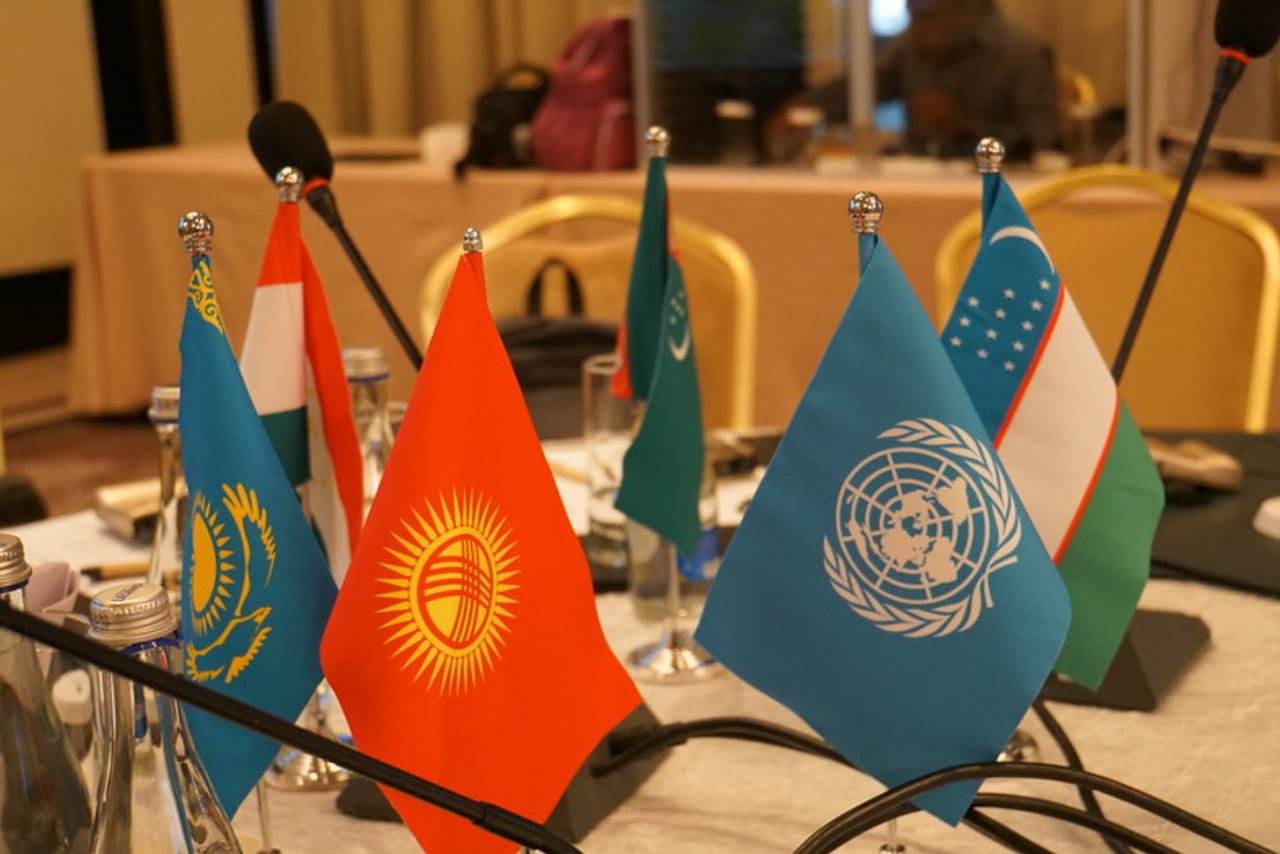The second Peace Forest Initiative (PFI) workshop on transboundary cooperation in Central Asia recently wrapped up in Bishkek, representing a key move towards tackling environmental issues and enhancing regional stability.

Co-organized by the United Nations Convention to Combat Desertification (UNCCD) Global Mechanism and the United Nations Development Programme (UNDP), the workshop brought together representatives from Kazakhstan, Kyrgyzstan, Tajikistan, Turkmenistan, and Uzbekistan, along with key development partners. The workshop centered on developing practical strategies for sustainable resource management in climate-sensitive regions, with a particular emphasis on the Ferghana Valley and high mountain areas.
Held from August 19 to 21, 2024, the event aimed to enhance sustainable resource management in the Ferghana Valley and connected ecosystems, including the crucial Amu Darya and Syr Darya river systems. This emphasis aligns with the priorities set during the initial PFI workshop in March 2024. Central Asia is increasingly confronting environmental degradation and resource scarcity, fueled by climate change and land deterioration.

During the three-day workshop, participants engaged in discussions, breakout sessions, and collaborative planning. They identified pilot areas of transboundary significance and developed integrated solutions to foster cross-border dialogue and social cohesion through ecosystem restoration and climate resilience.
Opening remarks highlighted the importance of regional cooperation in addressing environmental degradation, resource management, and climate change. Speakers emphasized the role of cross-border initiatives like the PFI in building confidence, promoting peace, and ensuring sustainable development.
“Central Asia is highly vulnerable to climate change, with rising temperatures increasing ecosystem stress and leading to soil degradation and threats to food security. The Peace Forest Initiative is crucial for addressing these issues, particularly in mountainous countries like Kyrgyzstan,” said Samat Nasirdinov, Deputy Minister of Agriculture.
The workshop developed a conceptual framework featuring key pilot sites of regional significance, an initial plan for fostering cross-border dialogue and social cohesion, and a strategy for securing financial resources. Over the past decade, UNDP has actively supported Kyrgyzstan in managing its resources sustainably, including expanding protected areas and embedding environmental standards into policies.

“The Peace Forest Initiative offers a unique opportunity for Central Asian countries to collaboratively tackle shared environmental challenges, fostering peace and stability. The workshop outcomes will lay the foundation for impactful actions in the region. UNDP is committed to supporting climate action and sustainable management across Central Asia,” said Alexandra Solovieva, UNDP Resident Representative in Kyrgyzstan.
Following the workshop, the Central Asian countries, with UNCCD's support, will organize a joint side event at the 16th session of the Conference of the Parties to the UNCCD in December 2024 to present the final concept notes and mobilize resources.
Utchang Kang, a Programme Manager at the UNCCD Global Mechanism emphasized that cooperation is key to building resilient communities, and the Peace Forest Initiative is vital for promoting ecosystem restoration and sustainable collaboration in Central Asia, aiming to turn environmental challenges into opportunities for long-term stability and prosperity.
The PFI will continue to refine its action concepts over the coming months, aiming to mobilize resources and launch pilot projects in 2025. These efforts reflect the region's commitment to sustainable development and peace through environmental cooperation.
Follow Daryo's official Instagram and Twitter pages to keep current on world news.
Comments (0)